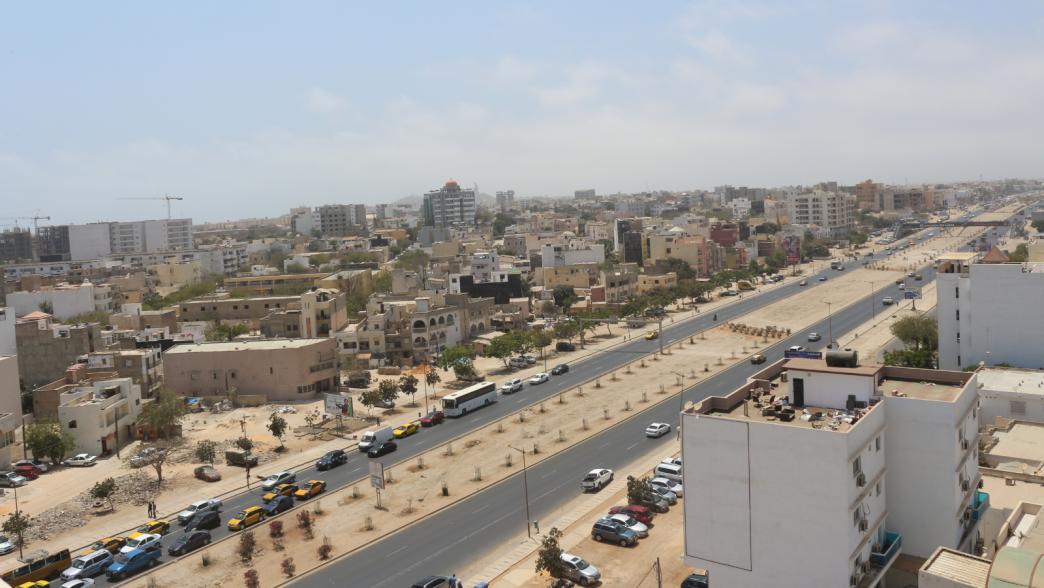
Step by Step: Closing the Implementation Gap in Senegal's Petroleum Licensing Process
-
Historically, Senegal has experienced significant “implementation gaps” between rules and implementation of these rules in its petroleum licensing process. Causes have included lack of legal clarity, duplicative and conflicting institutional roles, and lack of institutional capacity.
-
However, Senegal has made good progress on closing this implementation gap. As of 2020, Senegal’s implementation gap in the petroleum licensing process as measured by the Resource Governance Index is very small and reflects recent government reforms, investments and disclosures.
-
Despite major progress in closing the implementation gap in the licensing process, Senegal has significant room for improvement in the transparency of the oil and gas licensing process. Senegal’s government should work to improve laws on the disclosure of assets of public officials and the disclosure of the identities of the beneficial owners of companies applying for and obtaining licenses.
Many sub-Saharan African (SSA) countries have reformed their extractive industry legal frameworks to improve the governance of their natural resources. However, they are failing to reap the full benefits of these reforms due to the lack of implementation of the new rules, referred to here as an “implementation gap.” According to Global Integrity, one of the pioneers in the concept, an “implementation gap” is the difference
between a country’s legal framework for good governance and anticorruption, and the actual implementation or enforcement of that same legal framework.
The 2017 Resource Governance Index (RGI) started measuring this gap between law and practice, finding that among the 81 countries assessed, the gap was widest in countries exhibiting the worst overall extractive sector governance. In most SSA countries, resource governance practices lag improved legal frameworks. While no RGI assessment was conducted for Senegal in 2017, Senegal has historically struggled to implement the licensing requirements of its 1998 Hydrocarbon Code and regulations, as detailed further below. But the 2021 RGI found no significant implementation gap in Senegal’s hydrocarbons sector, including in the licensing process, reflecting recent government efforts to address the root causes of this gap. However, while Senegal’s practices in oil and gas licensing are now in line with its legal framework, the licensing transparency and disclosure requirements in the legal framework itself are still insufficient.
This briefing:
- Explores significant implementation gaps shown by Senegal’s hydrocarbon sector licensing regime since the discovery of significant hydrocarbon reserves in 2014.
- Details the steps the government took to reduce those gaps.
- Highlights areas for further improvement to the petroleum licensing process.
Authors

Papa Daouda Diene
Senior Africa Economic Analyst

Nicola Woodroffe
Senior Legal Analyst
